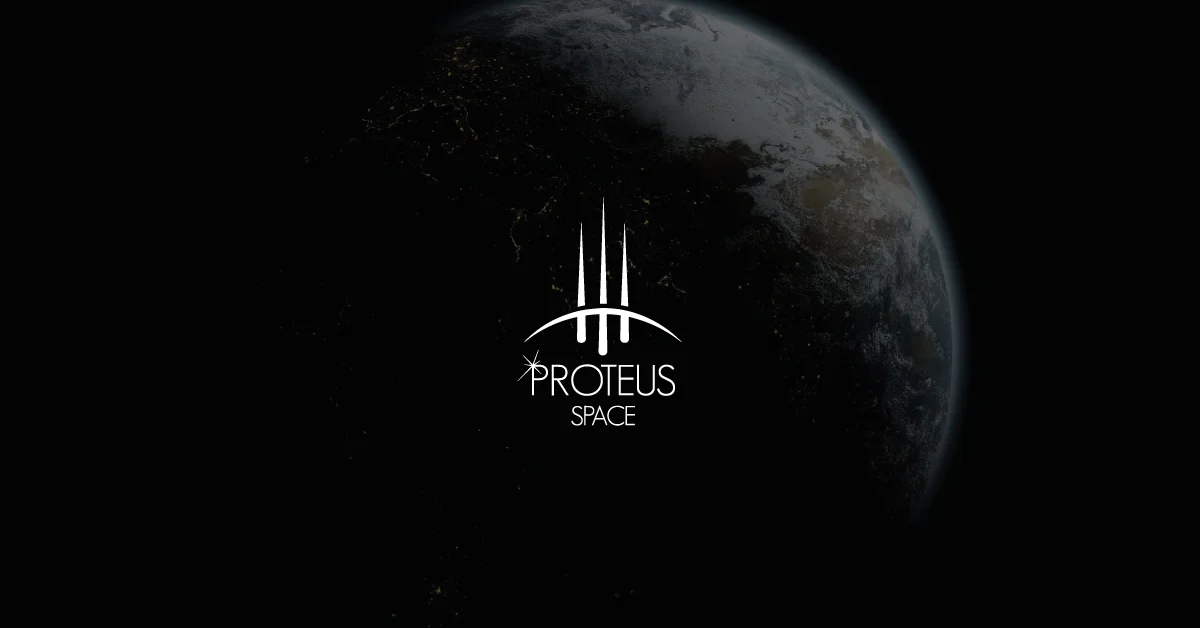Los Angeles-based Proteus Space announced Oct. 10 that it has raised a $4.2 million seed round led by Moonshots Capital. Other investors participating in the round included Lavrock Ventures, The Veteran Fund, Mana Ventures, AIN Ventures, Capital Factory and Industrious Ventures.
Proteus will use the funds to develop its technology to enable rapid development of customized small satellites using artificial intelligence; The company says this can quickly reduce the time needed to develop these satellites without requiring the payload verification required by a more standard satellite.
“You can’t win a new space race if it takes three years to get to the starting line,” Proteus Space CEO David Kerwin said in an interview. “The whole goal here is to be a place where someone can come in and say, ‘I want a bus built,’ and have something ready to go within six months.”
Company executives say they expect to complete the design of a single satellite in 30 days instead of 18 months with the traditional approach. They argue that machine learning can help speed up the iterative stages of satellite design, while other AI approaches, such as deep learning, can help determine design decisions faster than a human.
“We are really focused on quickly designing new buses for new types of loads to get this technology available as quickly as possible,” he said. “We are talking about new types of buses that pose the same or less risk than the standard bus.”
The company has disclosed few details about the capabilities of the satellites it plans to produce, other than the ESPA class, which weighs a few hundred kilograms. Terry Gdoutos, vice president of spacecraft systems, said the company expects to produce these satellites using some additive manufacturing, but it will also involve traditional manufacturing techniques.
“You have to be very selective about when it makes sense to use this,” said Andrew Shapiro, chief technology officer of additive manufacturing at Proteus Space. “We use it very carefully when necessary.”
The funding will allow the seven-person startup to hire more developers to create an end-to-end satellite design system and develop manufacturing capabilities. The first version of this system should be operational next summer, Kerwin said.
Proteus Space targets commercial and government customers who prefer to design a satellite around their own payload rather than modifying the payload to fit a standard satellite. Kerwin said the company has about $100 million in potential business from both start-ups and established space companies and government agencies, but has not yet announced any contracts.
This approach has attracted the interest of investors such as Moonshots Capital. “We are impressed with Proteus Space’s technical concepts and mission focus,” Craig Cummings, general partner at Moonshots Capital and board member of Proteus Space, said in a statement. “We are confident that their exceptional leadership qualities, expertise and focus will lead the company to success.” Source













